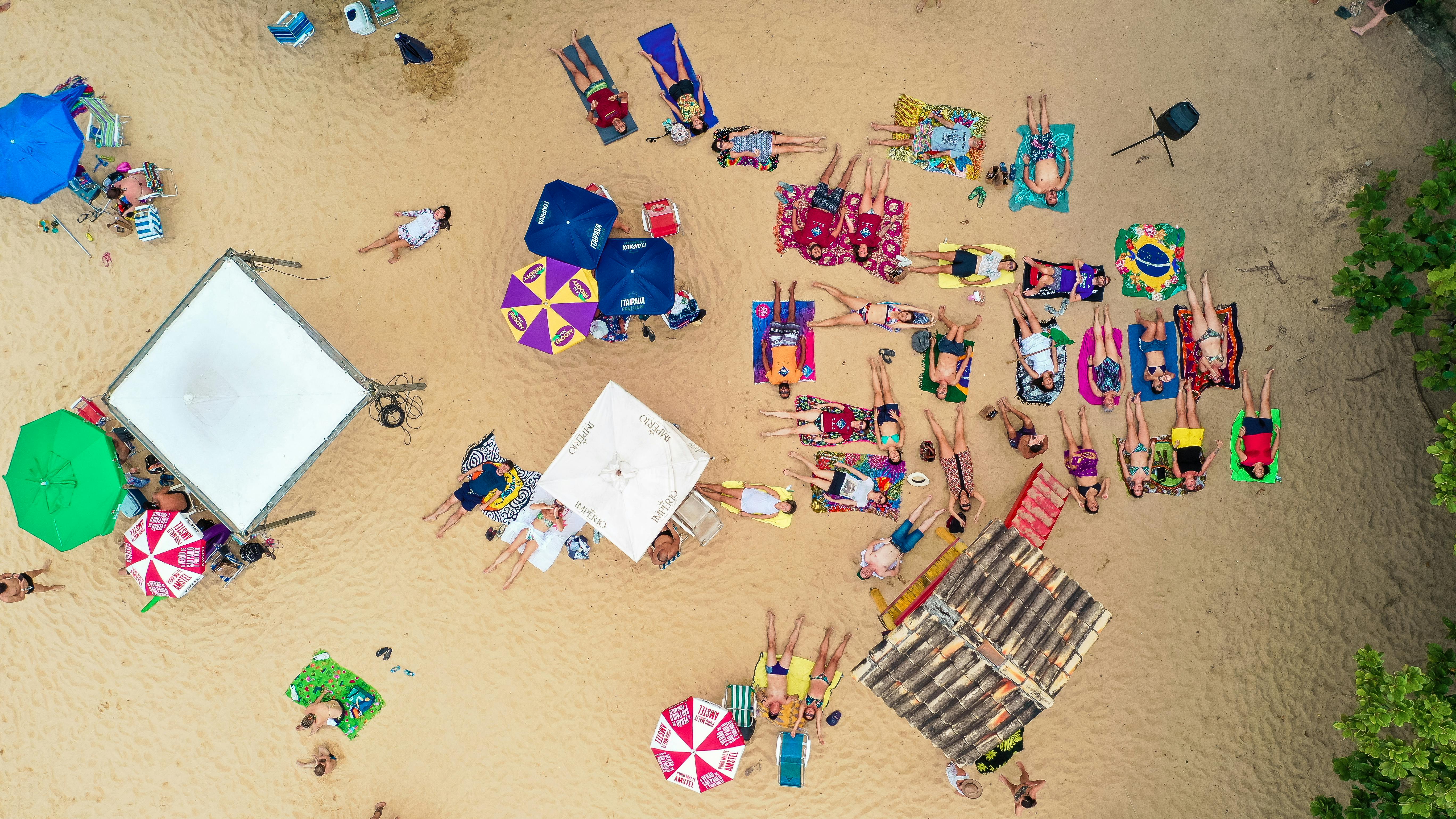Plan and prepare your vacation; you pack your bags; and the airline charges a hefty amount or, worse, does not allow you to take half on board the flight. It is important to pack well when preparing for your flight. It is also equally important that you know what restrictions apply.
Let’s take a look at the baggage rules that an airline may need travelers to follow.
You can usually bring a suitcase and a personal item on your flight. Whether it’s medications in a purse or your laptop in a laptop bag, you can take such a personal item with you on the trip. Along with this, you can also take another small bag or suit pack on the flight.
However, please note that weight and size restrictions may apply. Most airlines allow Economy Class passengers to carry suitcases weighing between 5 and 7 kg. First and business class passengers can get a bit more of an advantage. Be sure to check the airline’s carry-on restrictions in advance.
Checked baggage may incur an additional charge. An airline can include this charge on the flight ticket or it can charge it separately. You should clarify the details related to costs before booking your flight to make sure it fits your budget. You can check in your luggage when you check in at the airport.
The airline you fly with may have restrictions on the number of pieces or the weight of baggage that you can check. Again, First Class and Business Class passengers can get a small advantage over the parts they can check in. Carry your cash, passport and visa, valuables, medicines and others in your hand luggage.
Baby gear can be carried on the flight. Clothes, diapers, food and water: You need to pack a lot when traveling with a baby. You may also need to bring a car seat on board to ensure your little one can have a safe and comfortable flight. You can take a compact and foldable stroller with you.
Make a list of the baby essentials you need to bring. Contact the airline you are flying with and ask about restrictions on what you can bring on board. Airlines often have restrictions on items such as liquids. However, baby food, water, milk or juices are accepted as an exception.
Bulky items can also add to the cost of your trip. You cannot leave your ski equipment behind when you go on an adventure trip in Finland or your bikes when you go on a bike trip to Seville. Some airlines accept this within their baggage allowance. However, many others do not.
Ask the airline if there are separate charges for bulky items. If so, clarify how much you would have to pay. Also, make sure the items are packaged properly. You can do this on your own or get help from professionals. Include the price of the packing material to calculate the total cost.
Make sure your luggage is not restricted. Anything that is dangerous to the aircraft or passengers and crew is considered restricted. Therefore, you cannot carry things like explosives, flammable liquids, lithium batteries and others on your flight. However, unless you are planning a terrorist attack, you won’t need them!
Restrictions may also apply to the content of personal luggage you carry on the aircraft. It is best to contact the airline in advance and find out what things you cannot take with you. However, exceptions may apply. For example, there may be fluid restrictions, but they will not apply to your baby’s milk or juice.


